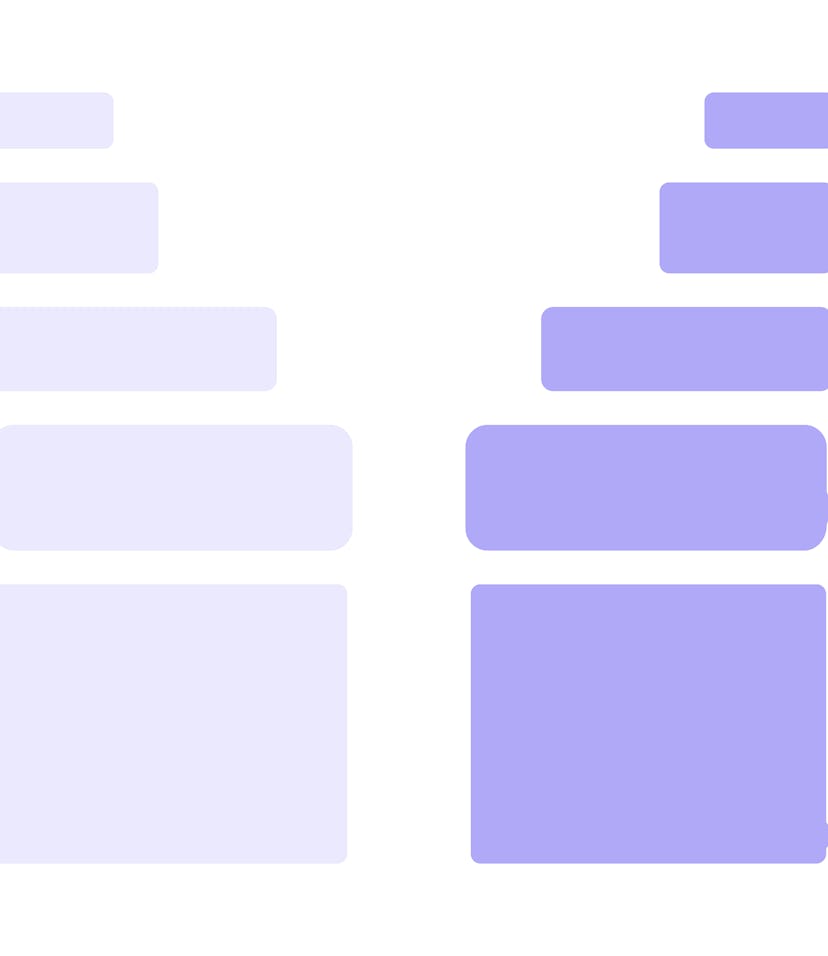Culture
EU says iMessage has to play nice with other messaging apps
Blue bubble privilege could come to an end as soon as this year.

Those oft-coveted blue iMessage bubbles might soon be far less exclusive, if the European Union has anything to say about it. A new law called the Digital Markets Act (DMA), agreed upon by the EU this week, would require companies like Meta and Apple to open up their messaging apps to interoperability with competitors.
The DMA sets Big Tech in its crosshairs. The law is directed at the internet’s largest platforms, which the European Parliament designates as “gatekeepers,” with annual turnover of at least 7.5 billion euros (about $8.25 billion). This would include companies like Google, Apple, Amazon, and Meta.
“The Digital Markets Act puts an end to the ever-increasing dominance of Big Tech companies,” Parliament rapporteur Andreas Schwab said in a statement. “From now on, they must show that they also allow for fair competition on the internet.”
The new law hasn’t fully passed through the EU’s legal system just yet, but it could be put into effect as soon as October of this year once it does, which means Apple will need to reckon with its sky-high walled garden approach to messaging sooner rather than later.
About those blue bubbles — At the most basic level — which is really the only view of the law we have right now — the DMA will require the world’s largest messaging platforms to “open up and interoperate” with smaller messaging platforms.
“Users of small or big platforms would then be able to exchange messages, send files or make video calls across messaging apps, thus giving them more choice,” a statement on the new law reads.
The only thing necessary to start this process is a request from a smaller company. If Telegram reaches out to Apple requesting that its users be able to send dispatches to iMessage users, for example, Apple would have a specific allotment of time to make that happen. There will be hefty fines in store (starting at 10 percent of annual global revenue!) if gatekeeper companies decline to comply.
Knocking down the walled garden — While it’s true that companies like Meta also close off their messaging services to other apps, it’s Apple that will be most affected by the DMA. Apple is the only company that ties its hardware to an exclusive messaging service — if you don’t buy an iPhone, Mac, or iPad, there’s no way to get in on iMessage. It’s one of many ways Apple locks users into its ecosystem.
Apple claims iMessage is walled off for the same reasons it needs to take a 30 percent commission off all App Store purchases: To keep it secure and private. “We remain concerned that some provisions of the DMA will create unnecessary privacy and security vulnerabilities for our users,” an Apple spokesperson told The Verge.
But this is Apple we’re talking about, a company that employs some of the most impressive minds in the tech world. It’s not that Apple can’t pull some bricks out of its garden walls, it just doesn’t want to, because it would be bad for business. The EU’s fines for not complying might just be worse for profits, though.